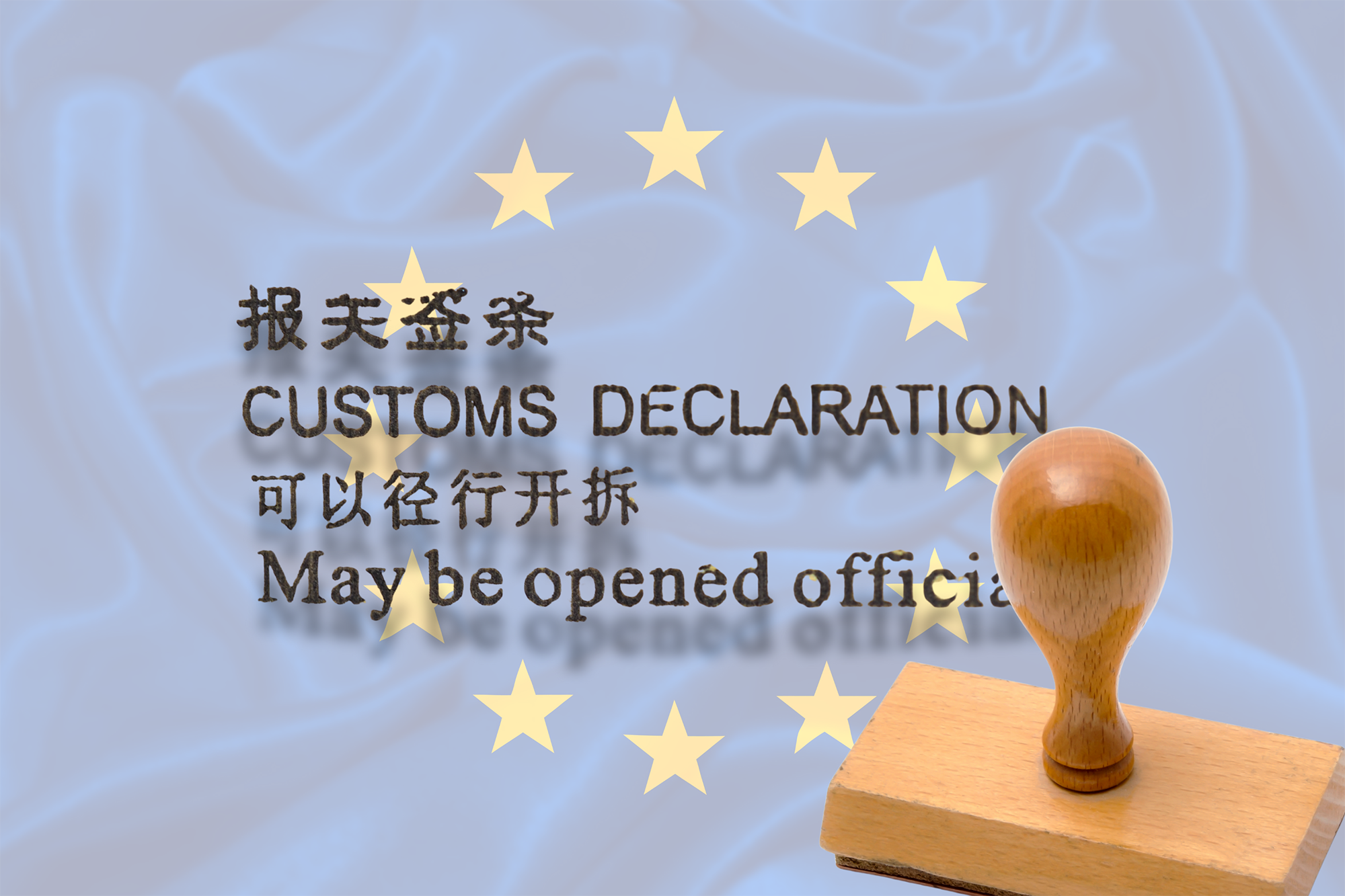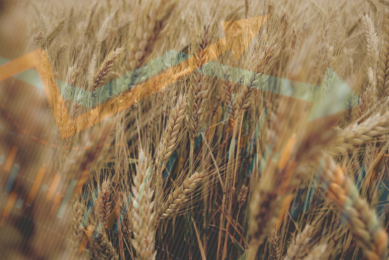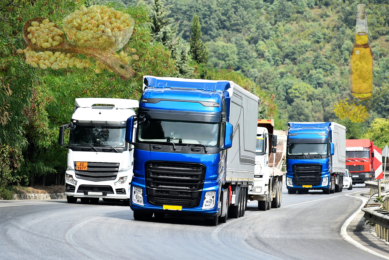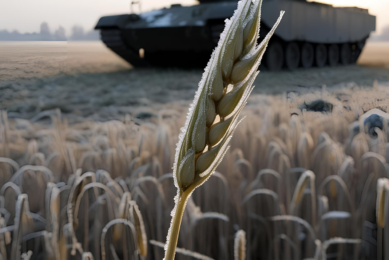Russia tests voluntary feed additive labelling to fight fraud
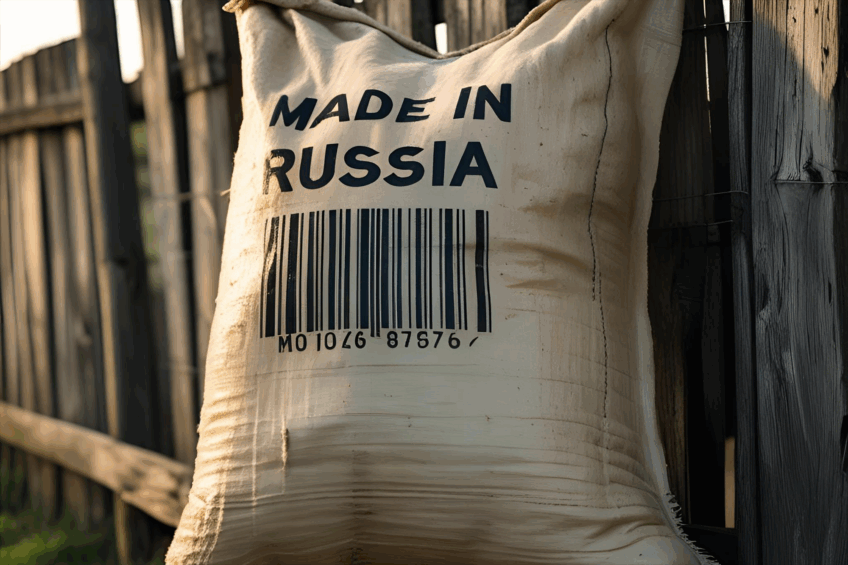
The Russian government has given the green light to an experiment involving the voluntary labelling of locally manufactured and imported feed additives on the market, explaining that additional control is needed to combat fraud.
Under the reform recently announced by the Russian Industry and Trade Ministry, feed additives will be labelled with special electronic tags containing information about the feed additive’s origin and composition, among other details.
Mislabelled products a concern
There is a problem with the identification of feed additives on the Russian market, the Ministry said in an explanatory note to the regulation. Under the guise of a feed additive, other products, such as veterinary drugs, are occasionally being sold, the Ministry added.
Trial period begins in 2025
Under the experiment, scheduled to last from September 1, 2025, to August 31, 2026, the labelling will be voluntary. During this period, the government will assess the effectiveness of the voluntary labelling system and gather feedback from industry players to inform the decision on making the labelling mandatory.
Labelling to become mandatory
Over the past several years, the Russian government has subjected many categories of goods to mandatory labelling, typically offering an initial transition period during which labelling was voluntary to give market players time to adapt.
Several Russian feed additive manufacturers and the Russian veterinary watchdog Rosselhoznadzor backed the initiative, the Ministry emphasised.
A tool against fraud
In a separate statement, Rosselhoznadzor also stated that the labelling could help combat fraud along the value chain, explaining that the measure could prevent the imports and distribution of “unregistered products.”
Illegal trade on the decline
Since its launch in 2019, the labelling system in Russia has already proved its effectiveness in combating illegal product trafficking, the Centre for the Development of Advanced Technologies, the national operator of the labelling system, said.
In the segments where labelling was introduced, the share of illegal and counterfeit problems, which is one of the key challenges faced by the Russian economy, dropped drastically, according to a study by the National Research University Higher School of Economics. For example, the share of counterfeits in some categories dropped from 25% in 2018 to 8.9% in 2024.
Mixed response from the industry
However, the feed industry is not entirely convinced that the potential benefits will justify the efforts involved.
For example, light industry goods and pet food manufacturers have recently complained that the labelling system comes at a certain cost and contributes to a rise in products on store shelves. Additionally, equipment failures and damage to the electronic tags during product transportation often result in losses.
Feed sector questions necessity
Russia’s feed industry representatives also stated that there is no problem of product fraud on the market that would justify the introduction of the labelling.




